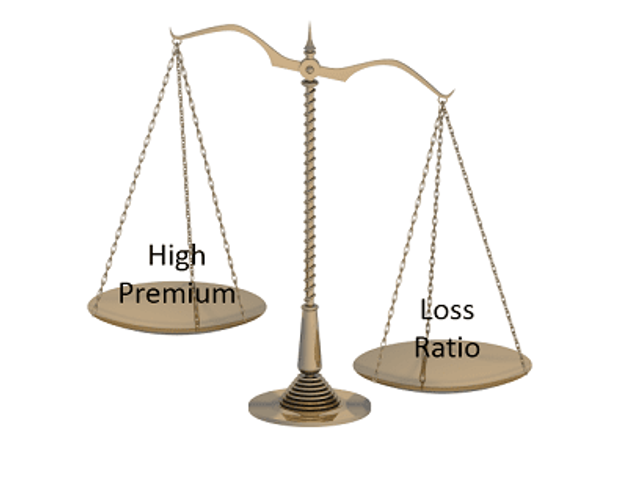THE WHO, WHAT & WHY OF DISCRETIONARY MUTUALS.
Published on Jun 16, 2014

Large corporate groups and local government authorities who are enjoying low loss ratios but being slugged with high premiums might be well advised to consider establishing a discretionary mutual.
Used in Australia for many years, discretionary mutuals are an acceptable form of alternative risk transfer and can be used for a myriad of risks including property, liability, medical as well as accident and health. And they’re not subject to the same capital and prudential requirements as traditional insurance.
Even though they only provide a ‘right to have the claim considered’ as opposed to the absolute contractual right to indemnity offered by a traditional insurance policy, they are a legitimate (and legal) alternative.
They’ll need to be 'fully funded', so that the aggregate liability of the fund is capped and supported by an 'excess of loss insurance' programme. And an AFS licence to advise on and deal in miscellaneous risk products will be needed in most cases.
They’re not for the faint-hearted, due to the special regulatory requirements. But over time, as the ‘premium pool’ builds, they can offer more extensive benefits than is available from the traditional insurance market.
If you have any concerns about any of these issues, please contact us.
Author: Charmian Holmes
June 2014


